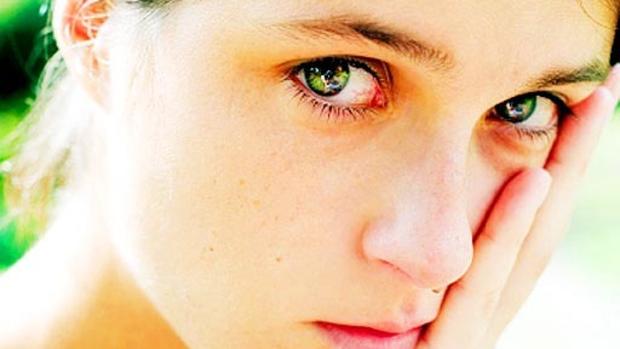Which Americans suffer most from depression?
Kate Wichmann has struggled with depression since she was a teenager. The 46-year-old describes the feeling as "exhausted, sad, hard to get out of bed."
"[It's] hard to pick up the phone," she told CBS News. "There's also, what I find sort of curious is there's a guilt and embarrassment."
Wichmann is one of millions of Americans living with depression. A new report released Wednesday by the U.S. Centers for Disease Control and Prevention found that almost 8 percent of Americans over age 12 have moderate to severe depression. The report, based on data from the National Center for Health Statistics, found depression is most prevalent among middle-age women aged 40 to 59 years old.
In every age group, women were found to have the higher rate of depression than men. Teenage boys aged 12 to 17 and men over age 60 had the lowest rates of depression.
But gender wasn't the only influential factor. The report also found people living below poverty level were two and half times more likely to suffer from depression.
Dr. Warren Taylor, a psychiatrist at Vanderbilt University School of Medicine, told CBS News he sees a range of symptoms in patients with severe depression, including altered mood, inability to enjoy life and activities, changes in appetite, sleeping problems and difficulty coping with life. The CDC report found nearly 90 percent of Americans with severe depression said their illness disrupted their work and social life.
But while this collection of symptoms is usually a clear signal that someone needs help for their depression, only about a third of people with severe depression actually seek out help from a doctor or mental health professional, according to the report.
"That is very concerning," said Taylor. "The fact is that the people with severe depression can have very significant symptoms, even thoughts of suicide."
However, many people who seek help for their depression are unresponsive to treatment the first time around, and it may take some time for a patient and their doctor to find a drug that's effective. Many also benefit from pursuing talk therapy.
For Wichmann, taking some time to find the right combination was key. After years of various treatments, she was diagnosed with bipolar disorder.
"Once I got on the right medication I was experiencing life for the first time," she said. "I realized I didn't know what it was like to go through life without depression, so it was just such a relief."
